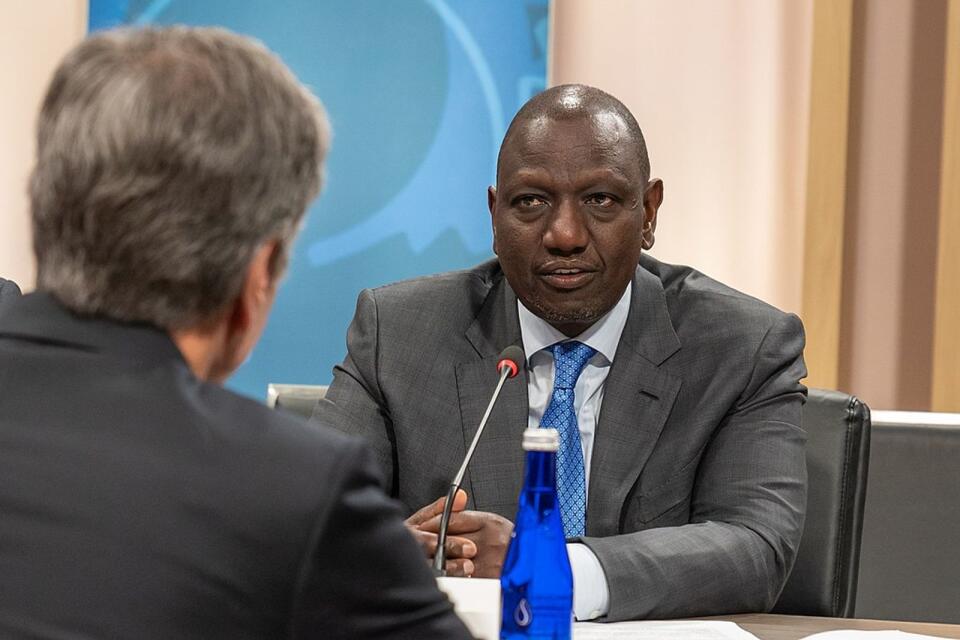In a recent diplomatic move, US Secretary of State Antony Blinken met with Kenya’s President William Ruto, sparking discussions within foreign policy circles about Kenya’s stance in the global arena. The visit, characterized by a lavish reception, has been interpreted by some as a shift towards the West and away from China. However, a closer look reveals that Kenya’s foreign policy is guided by pragmatism and opportunism, focusing on immediate needs rather than ideological affiliations.
Historically, Kenya has maintained a firm alignment with Western interests since its independence. Former President Jomo Kenyatta’s administration actively resisted communist influences, with assistance from intelligence agencies like the CIA and MI6. The collapse of the Communist bloc after the Cold War shifted Kenya’s focus towards the rising economic powers in Asia, particularly China. This strategic move allowed Kenya to benefit from China’s investment opportunities while maintaining valuable relationships with Western nations.
Recent developments, such as the US ban on China’s tech companies, have put Kenya in a delicate position. The country’s reliance on Huawei for its digital infrastructure has led to cautious responses to US pressure, signaling a complex balancing act between competing global powers. The signing of a multi-billion dollar deal with the US for a new expressway parallel to China’s standard gauge railway highlights Kenya’s ability to navigate between rival projects and secure beneficial agreements.
Looking ahead, Kenya’s foreign policy faces challenges in the escalating rivalry between China and the US. The risk of overcapacity and conflicting interests poses a threat to Kenya’s strategic goals and credibility as a reliable ally. The lack of a clear and consistent foreign policy framework leaves Kenya vulnerable to external influences and political fluctuations.
As the international landscape evolves, it is crucial for Kenya to clarify its foreign policy objectives and align them with global priorities. Dr. Cliff Mboya, a post-doctoral fellow at the Centre for Africa-China Studies, emphasizes the importance of avoiding a simplistic binary view of US-China rivalry. Instead, Kenya should assert its agency and pursue partnerships that serve its interests without being coerced into choosing sides.
In conclusion, Kenya’s foreign policy must adapt to the changing dynamics of the global stage while maintaining a balance between competing powers. By asserting its strategic autonomy and prioritizing its national interests, Kenya can navigate the complex web of international relations with confidence and resilience.
